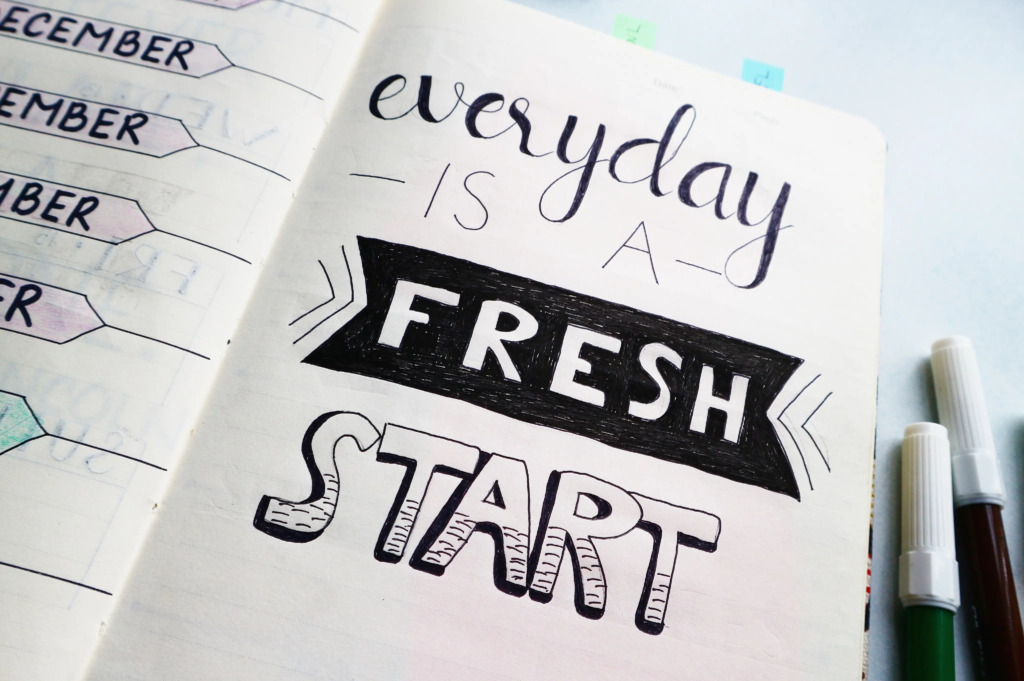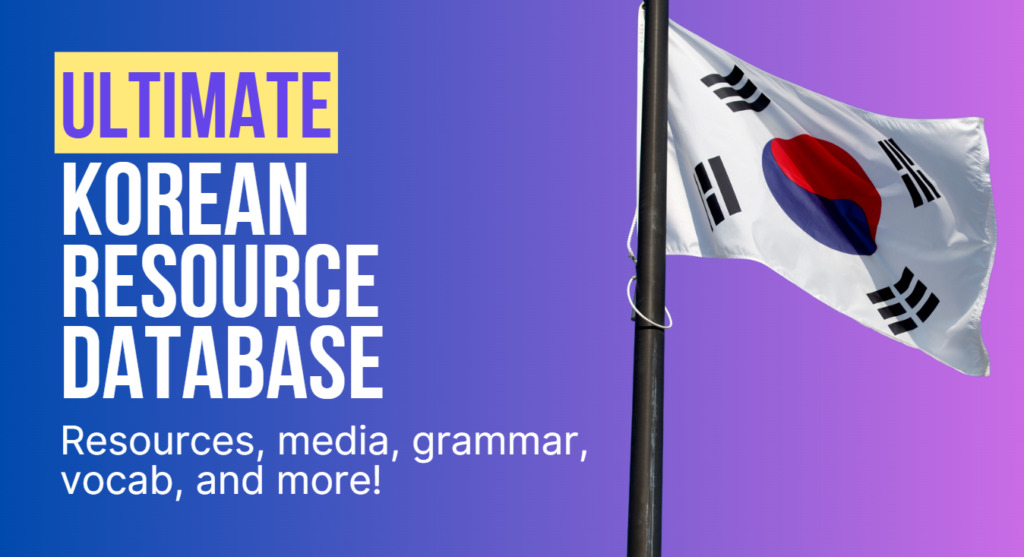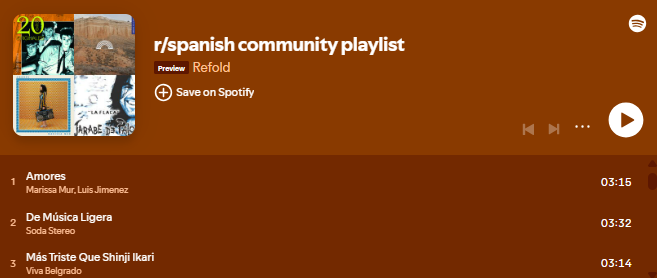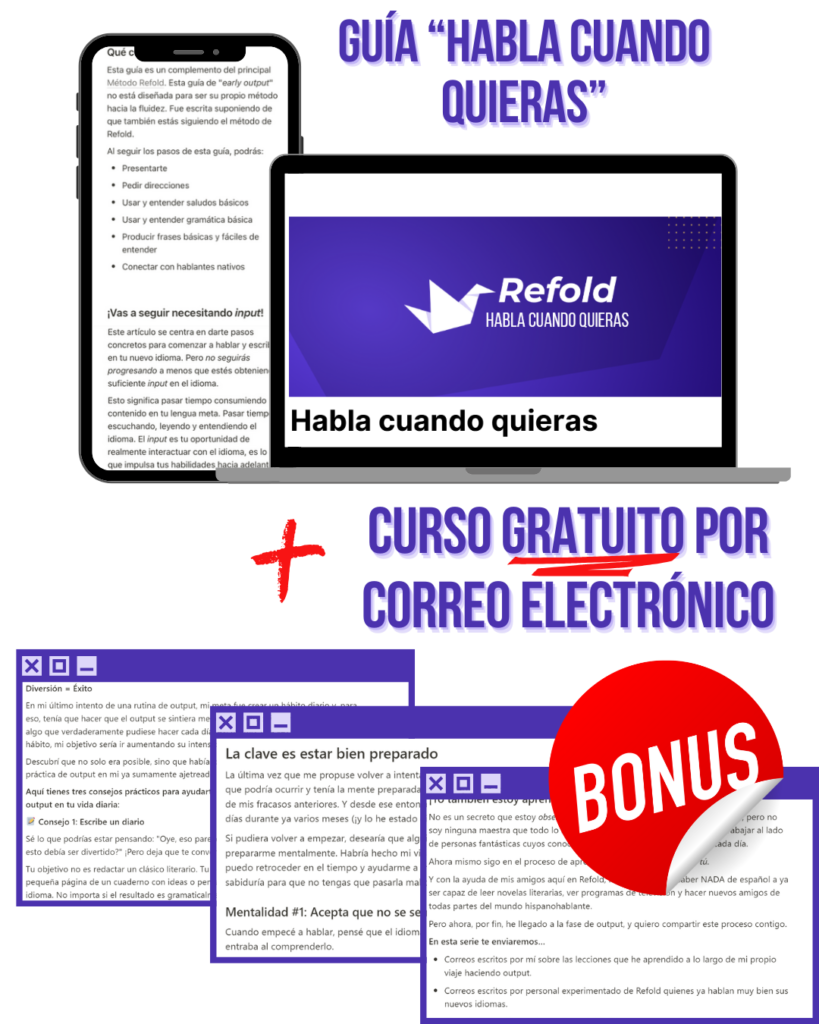The Dialectic of Productivity and Avoiding Burnout

Each Friday, there’s something Pavlovian about the dopamine rush, the countdown to my working week ending and weekend starting. Funnily enough, I experience this same feeling every Thursday, which is the beginning of my “learn Tagalog” week.
The first thing I do on Thursday is creating new flashcards. The rest of that evening, as well as the rest of the week—up until Monday—is spent on immersion, talking with family and friends, and reviewing Anki.
Like the existential dread of going back to work (bless those Sunday nights) it is bittersweet when the end of the “learn Tagalog” week involves spending the last hour before bedtime unwinding with a book. Tuesdays and Wednesdays are for other hobbies and, when Thursday comes ’round again, I am itching and keen to learn some more Tagalog. Rinse and repeat.
This decision to purposely break my daily streak and have a 2-day “weekend” away from language learning is inspired by Ken Atchity. In this interview, Ken talks about how people plan to write a book for the entire summer but end up procrastinating because they are unable to manage their time. Ken then recommends that people should write “for five days a week rather than seven days a week”. The explanation?
“Your brain revolts when you make it stop something that it’s actually enjoying, so if you make it stop after the fifth day it’s very upset and it spends the whole weekend thinking about the project and it’s really raring to go on Monday when you start again. Whereas if you keep it going, it will get worn out and it will get bored eventually ‘cause that’s what brains do.”
Refresh and Reset
Whilst Atchity’s advice specifically deals with creativity, there is a general point here: take breaks to avoid burnout. Refresh and reset. As they say, everything in moderation.
One benefit I’ve found from having dedicated breaks is the lack of pressure to try to maintain a streak every single day. I’ve also avoided the feeling of guilt when the said streak has been broken. Consequently, I’ve avoided the feeling of discouragement and have not gone into any downward spirals where no study is done for weeks. Where learners set study schedules and plan on specific language learning activities, such consideration should equally apply to time away from language learning, to have balance in your life.
My 2-day weekend away from language learning, barring the occasional Facebook post and occasional chat with family and friends, is a complete break from all forms of immersion and active study. That said, see what works for you. Maybe try having set days for intensive immersion and active study whilst doing passive listening every single day. Depending on your circumstances, perhaps you could have a 3-day weekend away from one language to allow you to immerse in another. Regardless, consider this post as a timely reminder that rest is just as important as the work!
Addendum
To ensure that Anki’s algorithm is not disrupted by the dedicated days off, you can use the Migaku Vacation add-on. Very useful, especially when you need extended time off from flashcards!
Like what you see?
Sign up now and we'll deliver even MORE amazing content like this right to your inbox!
- Receive our exclusive 6 SECRETS to language learning success email course.
- Stay motivated with weekly emails overflowing with helpful language-learning tips, tutorials, and more!
- Get behind the scenes access into the inner workings of Refold!








